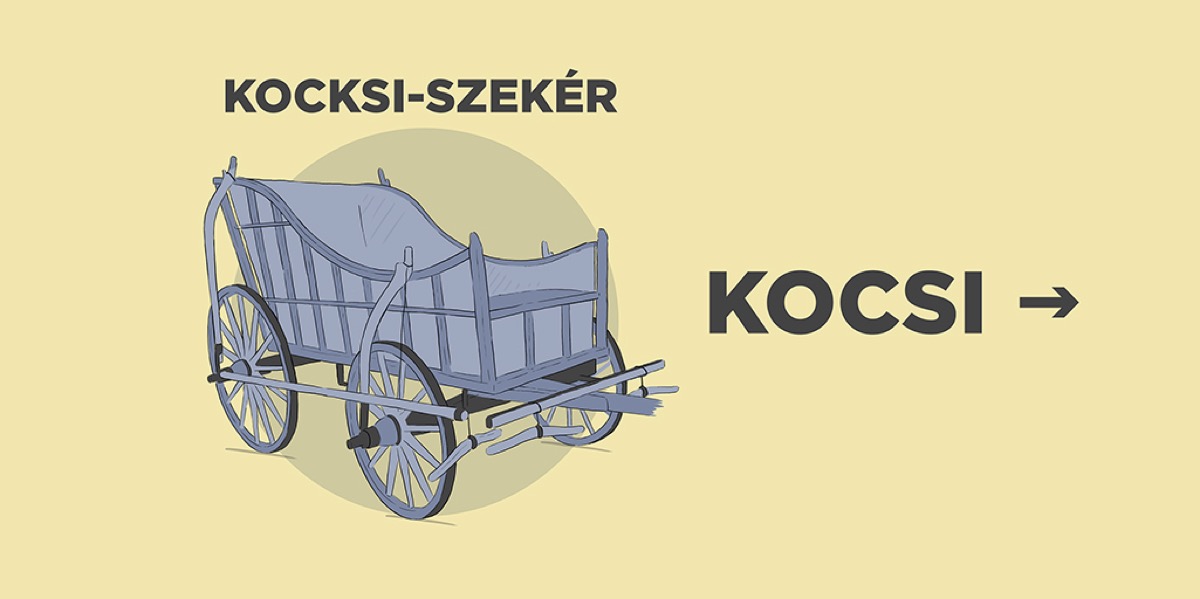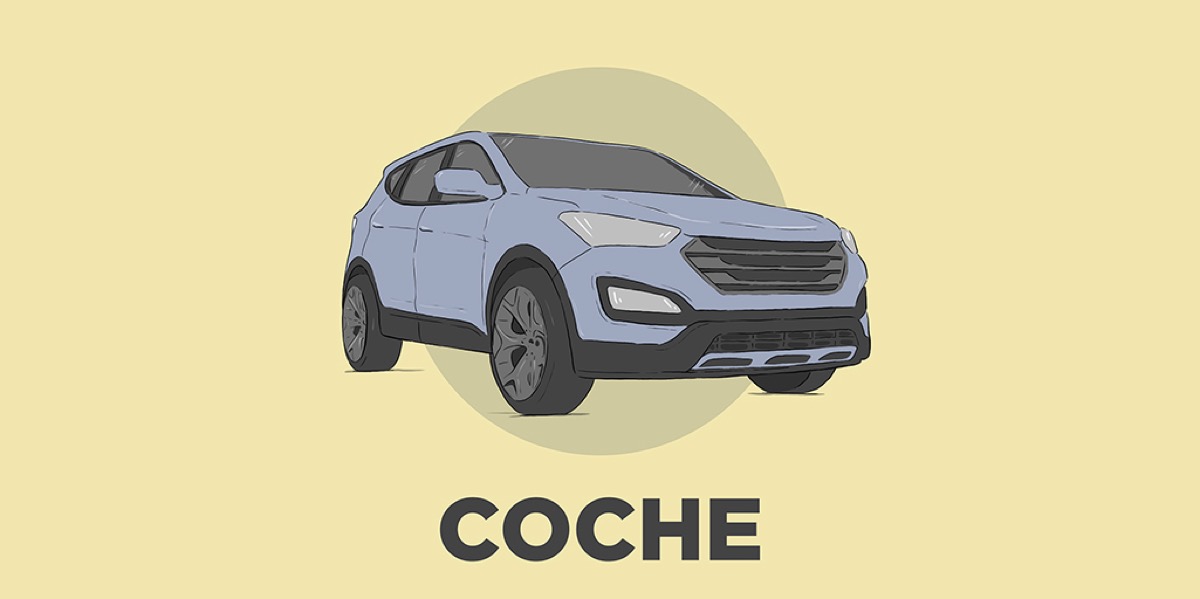Language and the words we use tend to reflect society. If we human beings change and evolve, so do the words we employ. It’s a question of logic: we need to name the reality around us, and that’s why, if the word doesn’t exist, we invent it. Or if it exists, we adapt and even change its meaning so as to fit it into that new reality.
In Spain, this occurred with the word carretera, a derivation of carreta, which was the diminutive of carro, which served to name two-wheeled, vehicles drawn by a horse or other animals. Thus a carretera was the road along which carretas moved. But when vehicles evolved, the carretera broadened its meaning to include any kind of transport that moved along it.
When the carros and carretas were so varied that it was hard to limit them to those two terms, people were obliged to seek other words more in line with those new vehicles. Because a carreta was not the same thing as a carroza (a large, elaborate carriage), for example, or a coche (car). But where did this latter word come from and why do we use it in Spain to signify automobile?
It seems that in Hungary, the town of Kocs was a premier builder of carrozas. In particular, what in Spanish we call a calesa, drawn by horses and designed to transport two people in perfect comfort. The Hungarians called it Kocksi-szekér, which might be translated into Spanish as carro from Kocs. But that term was rather long, whereas languages are sometimes lazy, and the expression ended up as a simple kocsi, which was pronounced cochi. And it is from this Hungarian word that Spain got coche.

The word probably reached Spain through some family matter that linked the Spanish royal court with the Hungarian court, because the emperor Charles V was the brother of Fernando III of Hungary. Hungarians and Spaniards use the term to speak about automobiles, but the English used the Latin word carrus for this concept, which evolved into car.

Did the English forget the word kocsi? No, but they preferred to use it for other questions. The Hungarian term led to the word coach, which also means trainer or instructor, an allusion to the earlier meaning of something that carries you, as if it were an imaginary coach, to a goal or objective.

And in a poetic vein, if life is a highway we are driving along, it doesn’t matter if we do so in a coche, by automóvil or guided by a coach. The important thing is to move and make progress.